The planet’s ecosystems, when shielded from humans, inevitably reach harmony. Even areas that have been heavily degraded — such as the land surrounding the Chernobyl nuclear plant in Ukraine — will recover and even thrive if given enough time and space.
But the onslaught of human development sometimes seems unstoppable as the demand for natural resources climbs and the climate crisis worsens. As we raze forests for lumber, explode ocean floors and mountaintops for minerals, and drain marshlands for parking lots and suburban cul-de-sacs, the earth’s magnificent resilience is faltering, succumbing to deadly feedback loops.
The six winners of this year’s prestigious Goldman Environmental Prize — often referred to as the “Green Nobel” — are standing up to, slowing down, and reversing the destruction of these industrial activities.
The winners come from different parts of the world but they’re all united by the same affinity for the natural world — whether it’s powerful rivers, sensitive pangolins, or the air we breathe — and they’re willing to put their lives on the line to defend it.
The Goldman Prize, awarded on an annual basis since 1990, is meant to elevate the work of grassroots activists and organizers who otherwise toil in relative obscurity. By awarding them money and recognizing their contributions to protecting the planet, the prize seeks to fold them into a broader network of environmental stewardship, connect them with additional benefactors, and bring them a degree of fame that protects them from retributions — environmental activists are, after all, routinely harassed, attacked, and even killed for their work.
This year’s winners show the vast potential of grassroots activism and suggest that the fight to save the planet will not be won by political leaders in conference rooms and legal offices but by everyday people on the ground, wading through bodies of water, going door-to-door to build solidarity.
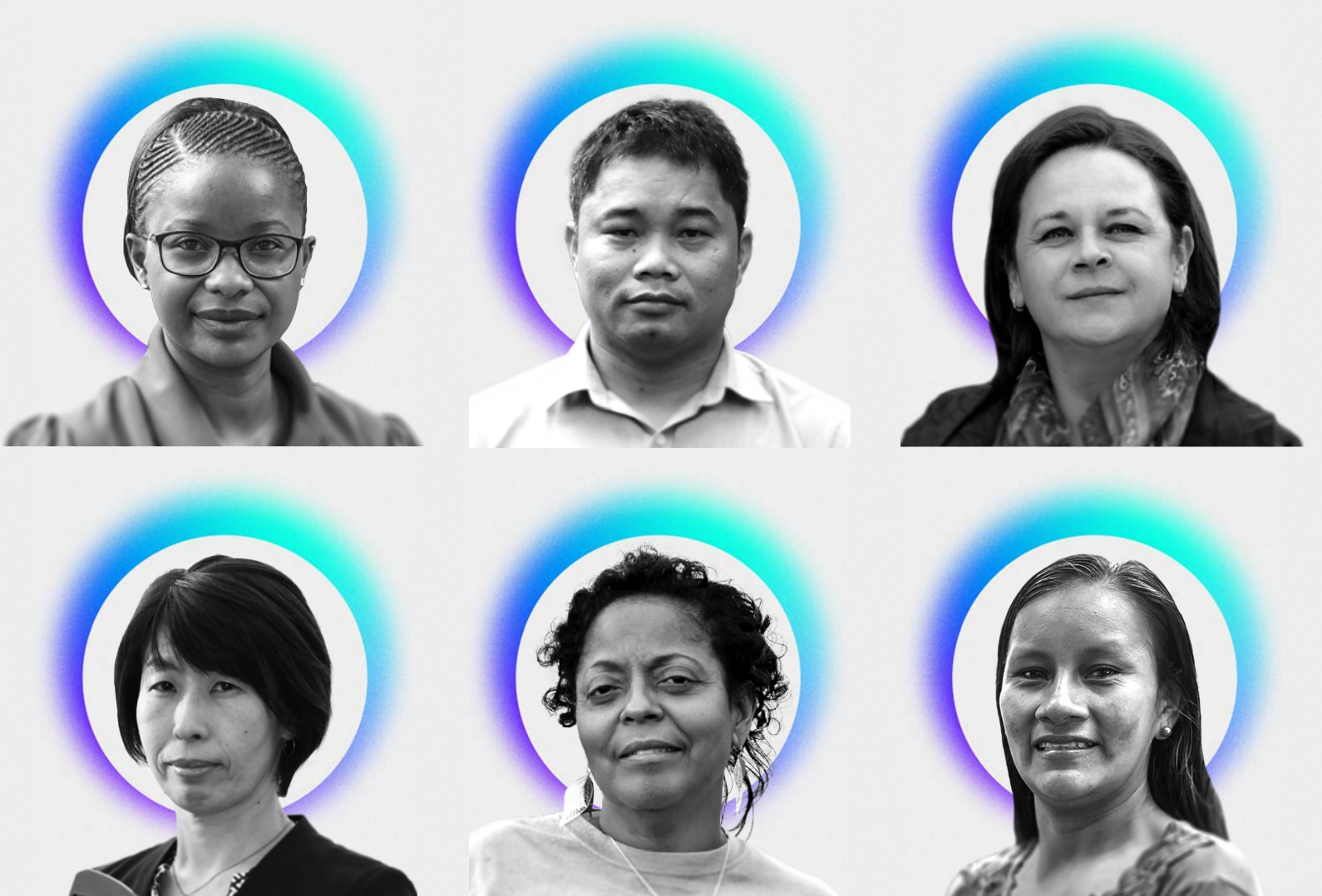
Here are the six winners of this year’s prize.
Thai Van Nguyen, Vietnam — Prize Winner for Asia
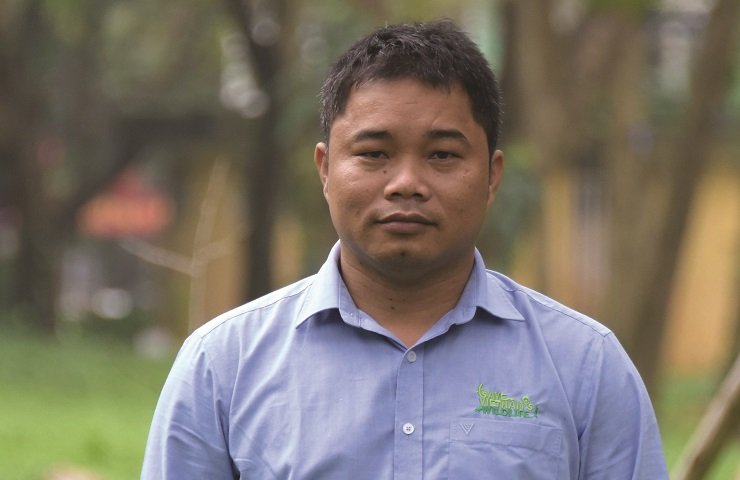
Pangolins gained global notoriety for their potential role in the emergence of COVID-19. But their rise to international attention also revealed how badly they’re abused around the world. Millions of pangolins have been poached for their scales and meat over the past decade; all eight species of pangolin are endangered or threatened.
Thai Van Nguyen witnessed a neighbor catch and kill pangolins when he was a child growing up near Cuc Phuong National Park in Vietnam, and the harrowing memory eventually shaped his life’s trajectory. He founded the nonprofit Save Vietnam’s Wildlife to do exactly that. Between 2014 and 2020, his group saved 1,540 pangolins from the illegal wildlife trade. His group has also destroyed thousands of deadly animal traps, dismantled hundreds of illegal poaching camps, and arrested hundreds of poachers.
But Nguyen’s efforts aren't solely focused on punishment. Save Vietnam Wildlife also seeks to transform how people view the natural world, repair community relationships, and offer pathways to new careers for former poachers.
"The pangolin is the only scaly mammal in the world," Nguyen told CNN. "Losing the pangolin means losing a part of the ecosystem, making it unbalanced."
Gloria Majiga-Kamoto, Malawi — Prize Winner for Africa
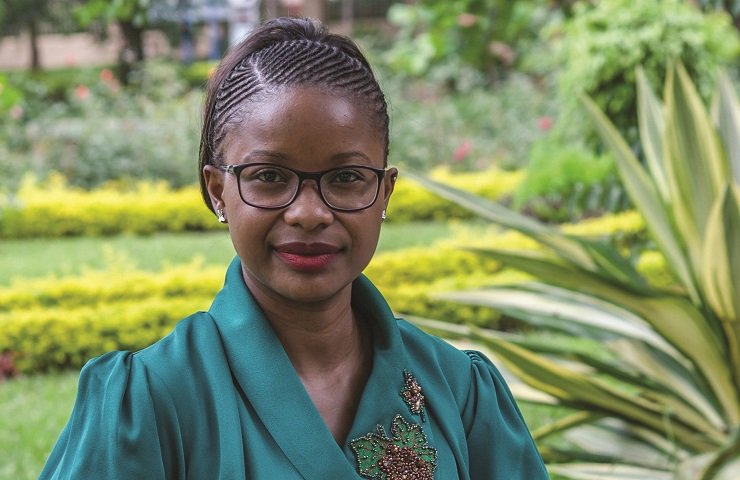
When Malawi banned thin plastics in 2015, environmental groups could only celebrate for a brief period before the plastic industry managed to reverse the decision in the courts in 2016. Soon, plastic bags and films began polluting bodies of water, clogging drainage systems, and pervading streets and fields once again.
Gloria Majiga-Kamoto, an environmental activist focused on climate change, felt that the environment had been betrayed. So she began educating community members about the harm, built a coalition of like minded people, amplified the story through the news media, and put pressure on political leaders. Being in the spotlight, however, attracted enemies.
"You sometimes put your family at risk coming up against huge companies and people that are well connected politically,” she told CNN. “You always find there's a conflict of interest and you're stuck in the middle. It does feel a bit threatening and can also feel a bit scary.”
Eventually, the ban was reinstated thanks in part to Majiga-Kamoto’s tireless community organizing.
Maida Bilal, Bosnia and Herzegovina — Prize Winner for Europe
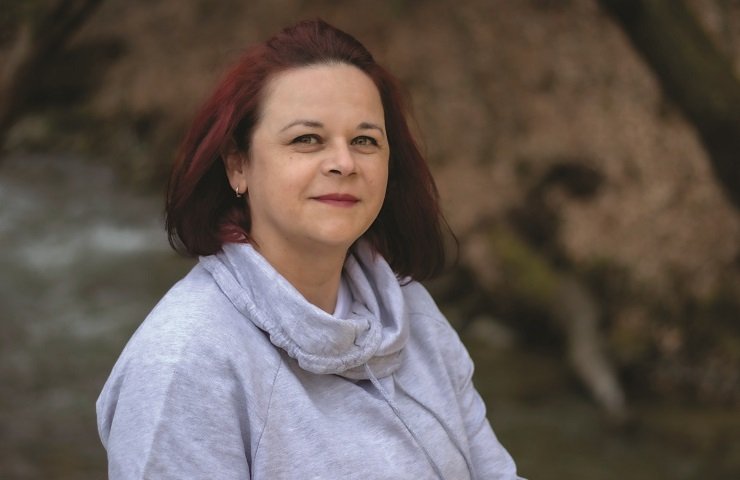
In early 2017, Maida Bilal and her neighbors learned that heavy machinery was traveling to their small village of Kruščica in Bosnia and Herzegovina to begin work on a dam in the Kruščica river.
So she took action, rallying 300 friends and neighbors to go to the bridge leading to the river and block the vehicles. They stayed there for 503 days, 24 hours a day in eight-hour shifts through all sorts of weather, enduring attacks and intimidation, until the project was called off.
The brave act of protest and endurance helped protect wildlife from the destructive presence of dams that would have blocked fish migration routes, cut animals off from food supplies, and disrupted delicate ecological relationships through dredging and other industrial processes.
Kimiko Hirata, Japan — Prize Winner for Islands & Island Nations
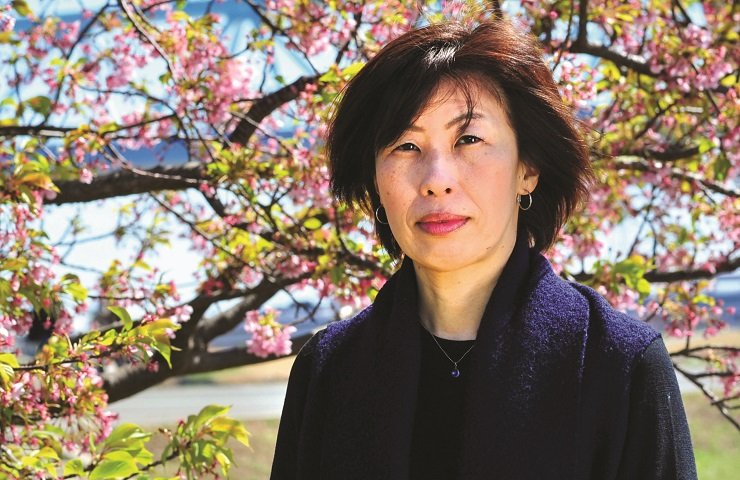
The Fukushima Daiichi nuclear disaster of 2011 caused catastrophic harm in Japan, contaminating bodies of water, destroying wildlife, and displacing communities. In the aftermath, leaders abandoned nuclear energy, shutting down all remaining nuclear plants. Since these facilities had supplied around 25% of the population’s electricity, the country needed to find an alternative source of energy and turned to coal.
For the environmental activist Kimiko Hirata, this was unacceptable. Burning coal is a leading source of the greenhouse gas emissions that cause global warming. Coal plants also release toxic pollutants into the surrounding soil, waterways, and air, which leads to health problems in local communities.
She launched an anti-coal campaign at her nonprofit, the Kiko Network, built an international coalition of climate activists, spurred communities to turn out to public hearings on the construction of coal plants, and lobbied companies involved in developing and financing coal.
Eventually, her campaign influenced 10 companies to pledge to stop financing coal projects and the government cancelled 13 scheduled coal plants, which prevents 42 million tons of CO2 per year, equivalent to the annual amount released by 7.5 million cars, from entering the atmosphere.
Sharon Lavigne, United States — Prize Winner for North America
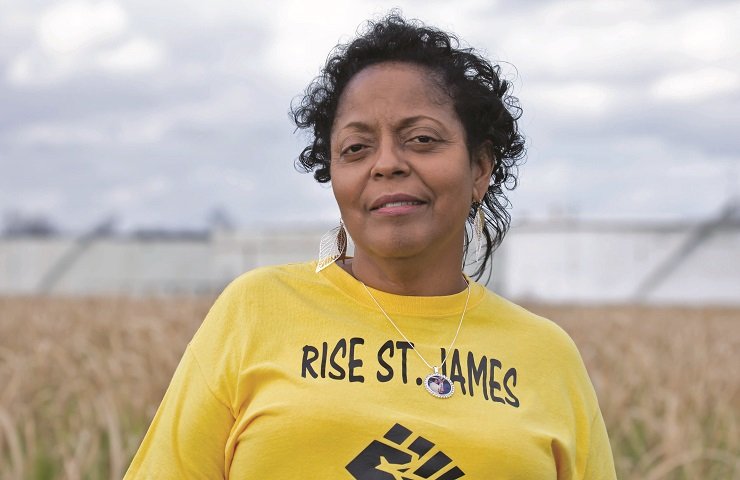
Sharon Lavigne’s parents were involved in the civil rights movement, so she learned from a young age how to engage in community organizing. When a plastic production facility was approved to begin construction in her community of St. James Parish, Louisiana, she drew from lessons gained from decades of experience.
First, the plastics plant had to be correctly framed for the broader public. The local government argued the facility would bring jobs and economic benefits, but Lavigne knew this was short-sighted and excluded the external costs that would be borne by the community.
The facility would be releasing toxic chemicals that have been shown to cause respiratory problems and tumors in rats directly into the Mississippi river and the surrounding community. The plant’s location, right in the heart of a predominantly Black neighborhood, was textbook environmental racism.
Lavigne then knocked on doors to share the urgency of the matter to her neighbors, hosted town halls, wrote letters to and designed ads for local newspapers, and met with council members to make her case.
The company planning to build the plant eventually withdrew amid community opposition and Lavigne is already using the experience and network she earned to fight other chemical plants.
Liz Chicaje Churay, Peru — Prize Winner for South & Central America
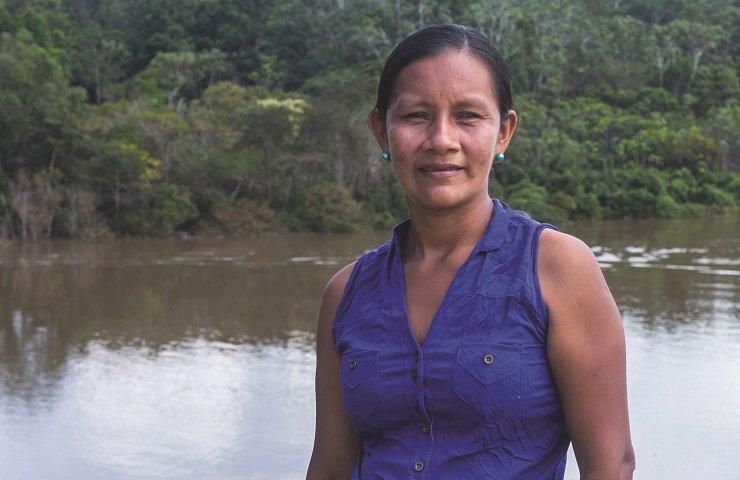
Liz Chicaje Churay has been fighting to protect Yaguas National Park, an area of the Amazon rainforest in northeastern Peru, for more than two decades.
When she first started out, she carried her young daughter with her to meetings. At the time, the park was not recognized by the government and it was beset by illegal miners, loggers, and poachers who destroyed huge swaths of wildlife. She recognized that designating the area as a park would usher in state protections that could preserve their way of life and protect the abundant biodiversity.
So she met with other Indigenous tribes in the region to build a diverse coalition of support, partnered with conservationists and scientists to map the area, and lobbied political leaders.
In 2018, the government finally recognized the Yaguas National Park, safeguarding thousands of unique species, protecting carbon sinks, and preserving Indigenous culture.